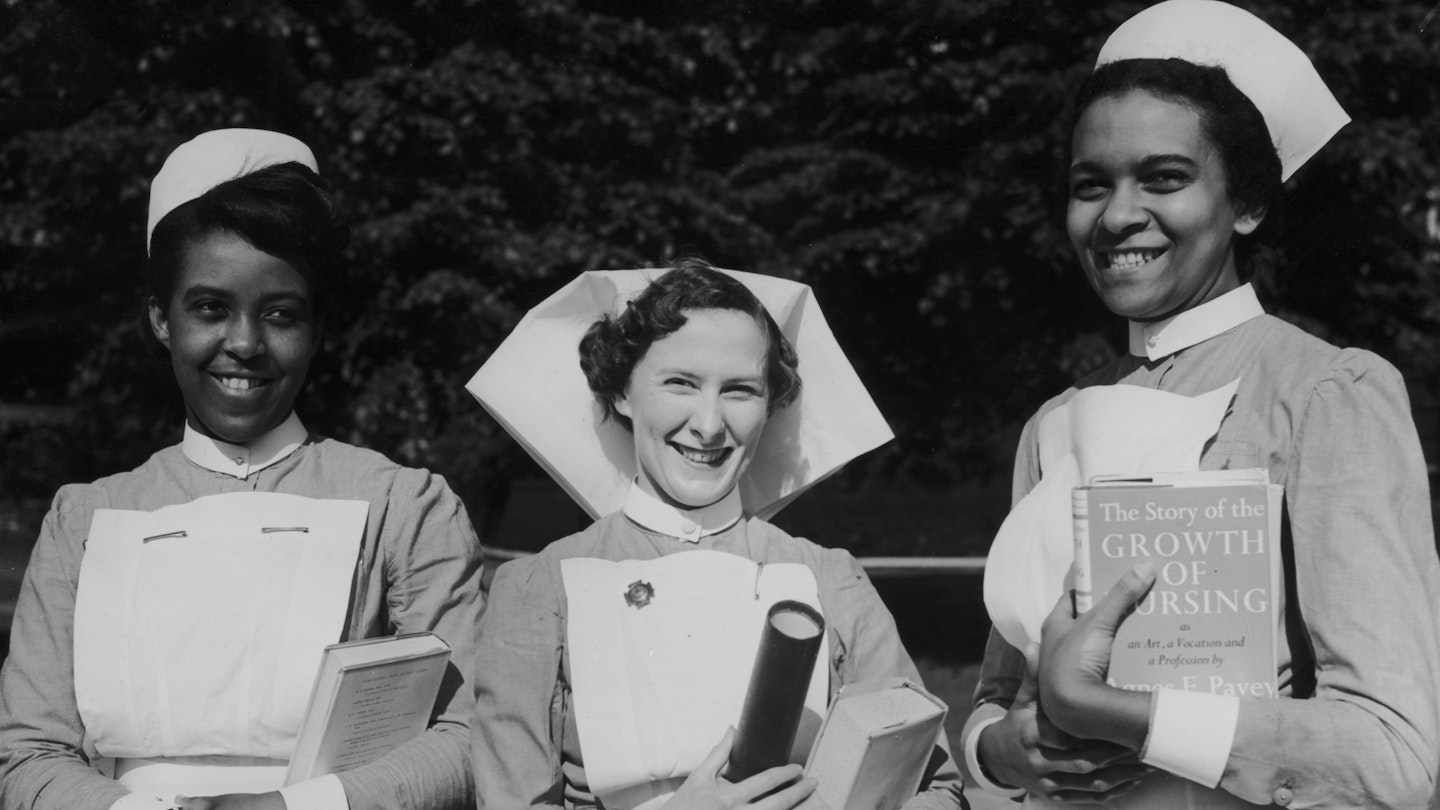In the UK, we have intermittently experienced nursing shortages throughout the last couple of decades. We find ourselves facing one now, with the Health Foundation reporting that a lack of nursing staff is forcing the NHS to rely on ‘less qualified’ staff.
Whenever there’s a shortage, the same question rears its head: ‘Why don’t women* want to be nurses anymore?’. A cursory Google will reveal articles from major newspapers all over the world, speculating about why it’s no longer an appealing career path for girls.
*it’s always ‘women’ - we’ll come to that later.
During the current nursing crisis (there are currently 44,000 nursing vacancies, and the number is set to rise to 100,000 a decade) the inevitable blame is on social media, because what else can we ever blame? These girls, a decade later, are looking at the same bedpans and opting to become Instagram influencers, Love Island contestants or YouTubers instead (a 2017 survey found 35% of kids wanted to be vloggers).
Back in the noughties, the heyday of Jordan and Jodie Marsh, the blame was placed on young women wanting to be glamour models. Apparently, according to public opinion, girls were taking a look at a brimming bedpan and thinking, ‘Screw it, I’ll take my top off on the front cover of Zoo instead.’ A 2010 poll found that 63% of young woman would rather be a glamour model than a nurse.
This research always seems tinged with the inference that women are being horribly selfish for thinking that it would be more fun to get your makeup done and pose for the camera than to insert catheters.
There was a time when being a nurse was a dream. It was the profession that glamorous, beautiful young women selected – a bit like being an air hostess in the 1960s. But here’s the thing about nursing. It’s hard work. Really, really hard work. And it’s thankless. And it’s badly paid. So while it might represent the zenith of feminine ideals (caring, patient, kind, selfless), it’s also not really the most appealing job. In a world where you can make a decent whack working 9-5 and then be home in time to watch The Crown with your housemates, surely the question isn’t, ‘Why don’t people want to be nurses anymore?’; it's, ‘How can we expect anyone to want to be a nurse?’
Having a vocation is a wonderful thing, but the expectation that women all over the UK ‘should’ have this inherent want to care for others is, frankly, sexist and unrealistic.
If you work as a nurse, you’re a hero. No doubt about that. You’re wrestling shift patterns, people shouting at you, a lack of resources and then taking home less than you’d make as a junior marketing manager at a mid-rage agency (£27,500 and £28,500 respectively) which wouldn’t come with any of the same stresses.
There is also, of course, the perception issue. Say the word ‘nurse’ and however woke you are, you’re probably imagining a woman. In 1951, men were able to join the main nursing register. And yet, 70 years later, the perception is still that it’s a ‘woman’s job’, which can only be contributing to the more general lack of nurses.
Men, however, don’t seem to get the same flack for not wanting to take on back breaking labour for minimal money. You never hear anyone lamenting the fact that boys want to be YouTubers instead of nurses. Perhaps alongside the internalised assumption that nurses are women, is an assumption that men are not suited (or, dare I say it, even obligated) to join caring professions.
The world has moved on, and women are understandably not queuing up to work really hard to make very little. Rather than shaming them for that choice, perhaps we could take a beat and try to understand what is causing it.
If you want more people to become nurses, perhaps look at what originally attracted women to the profession. Steady income, respect and status. And the fact that it was one a handful of careers that were open to women. Very little of that is now true. The wage isn’t a draw, 25% of NHS staff have experienced abuse in the workplace, and there are no longer any jobs that women are unable to apply for. Women are, therefore, no longer a resource with which to prop up the healthcare system. If we want more nurses, we need to stop expecting women to take the job out of the goodness of their hearts, make the role fully gender neutral and offer pay which competes with the salaries for other less gruelling roles.
